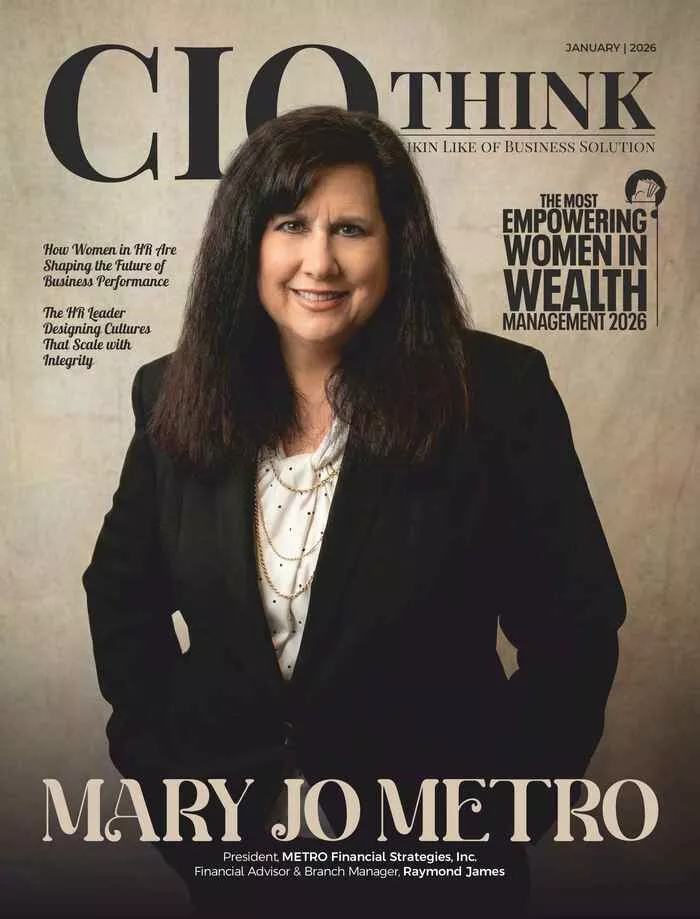How 2025’s top CEOs are transforming industries isn’t simply a trend. It’s an incredibly significant shift in the way leaders are reshaping the economy. These pioneers are reinventing conventional models, incorporating innovation into their core processes, and guiding their industries into a new era which is defined by sustainability, agility and digital-first thinking. In 2025 the role of the CEO will not just a functional one -it’s purpose-driven, visionary and transformational.
Let’s get into the current wave of leadership, which is not just managing disruption, but also taking it on to redefine what is possible across different industries.
Top CEOs 2025: The Purpose of Disruption
The business landscape of 2025 is marked by constant change. “Top CEOs 2025” are at the forefront of this transformation accepting the uncertainty as a driver to rethink. They’re not simply reacting to the changing landscape, they’re constructing it. From fintech to biotechnology from automobiles and green power, CEOs today are aligning their vision for the company with innovative and bold strategies.
What makes these leaders stand out in their capacity to integrate the digital revolution with human-centered design. They recognize that technology can be an enabler, not a substitute, and have created ecosystems where platforms, people and processes operate together.
Industry transformation by CEOs is driven by data and customer-centric
One of the most distinctive characteristics in industry transformation by CEOs in 2025 is the laser attention to information and customer insights. These executives transform data into actions, turning complicated data into instant decision-making. If it’s making use of predictive AI to increase the efficiency of supply chain processes or using behavioral data to tailor customer experiences CEOs are establishing intelligent companies that can are able to adapt quickly.
In addition, there’s a greater importance on empathy for customers. These days, CEOs aren’t confined to the boardrooms – they’re studying, listening, and using feedback loops in order to build more flexible, responsive companies.
“2025 business innovation leaders” Accept sustainability
Sustainability has become more than just a CSR checkbox, it’s a requirement for businesses. “2025 business innovation leaders 2025 business innovation leaders are in the process of integrating sustainability into their business model. From decarbonizing their operations to establishing circular economy models, they’re reinventing business models to create a more sustainable future.
Innovative CEOs are integrating ESG goals with profit. They’re showing that impact and income can coexist through investing in sustainable energy, clean energy, sources and the inclusion of governance. This revolutionary thinking isn’t only green and is gaining the trust of investors and consumers as well.
Next-gen CEOs transforming sectors Through Digital Ecosystems
In 2025, the discussion has shifted from the digital revolution to ecosystems. “Next-gen CEOs transforming sectors” break up silos and working with academia, startups as well as competitors to create value. They’re moving away from ownership and access model to shifting from the mindset of a platform to a product.
For instance, the automotive industry which is where leaders are turning automotive companies into mobility platforms. In retail, the CEOs are blending digital and physical into a rich experience for shoppers. What’s the result? Industries that used to be ruled by tradition are now defined by speed as well as collaboration and disruption.
Leadership trends 2025 Focus on People and Culture
The competitive edge is in the culture of 2025. One of the most significant leadership trends 2025 is the importance of workplace wellness as well as flexibility and purpose. CEOs are now chief culture officers, who recognize that empowered employees create successful businesses.
From hybrid work-life models to investment in mental health The most effective leaders are establishing inclusive, human-centered environments that draw the best talent. They’re removing rigid hierarchies in favour of transparency, trust, and autonomy of teams that encourage participation and innovation at all levels.
Future-ready CEOs Are Betting Big on AI and Automation
Automated systems and artificial intelligence are altering the rules in addition “future-ready CEOs” are fully accepting the change. They’re using AI not only to simplify processes but also to boost human intelligence. From AI-driven customer service to smart manufacturing, CEOs of 2025 are setting new standards in efficiency and precision.
But the ethical aspect of AI is just as crucial. CEOs at the top invest into AI governance frameworks and bias mitigation tools and initiatives to improve transparency to ensure that technology is used to benefit humanity and not in the opposite direction.
CEO strategies reshaping global markets
In terms of the global strategic plan “CEO strategies reshaping global markets” are based on the dynamism and sensitivity of local knowledge. Leaders today are managing shifting geopolitical conditions and supply chain volatility and regulatory changes with a dazzling vision. They’re diversifying markets and embracing nearshoring, and constructing hyper-localized models that can withstand the rigors of in a fracturing world.
Digital diplomacy and cross-border partnerships and AI-driven market analysis can help CEOs spot opportunities that others don’t see. They’re not just expanding their reach but also enhancing influence across the globe.
Conclusion: Redefining Leadership for a Transformative Era
In the 2025 landscape your answer for how 2025’s top CEOs are transforming industries is in their zeal to redefine. These executives are not restricted by the rules of the rules of thumb. They’re visionary architects who view the future and challenges not in the form of threats but as a blank page.
With their unique blend of data, purpose and culture, as well as innovation and are building businesses that are not just suited to be in the future but designed to guide it.
The era of reactive leadership is gone. It’s time to welcome transformative CEOs- where leadership isn’t focused on power, but instead about growth.







